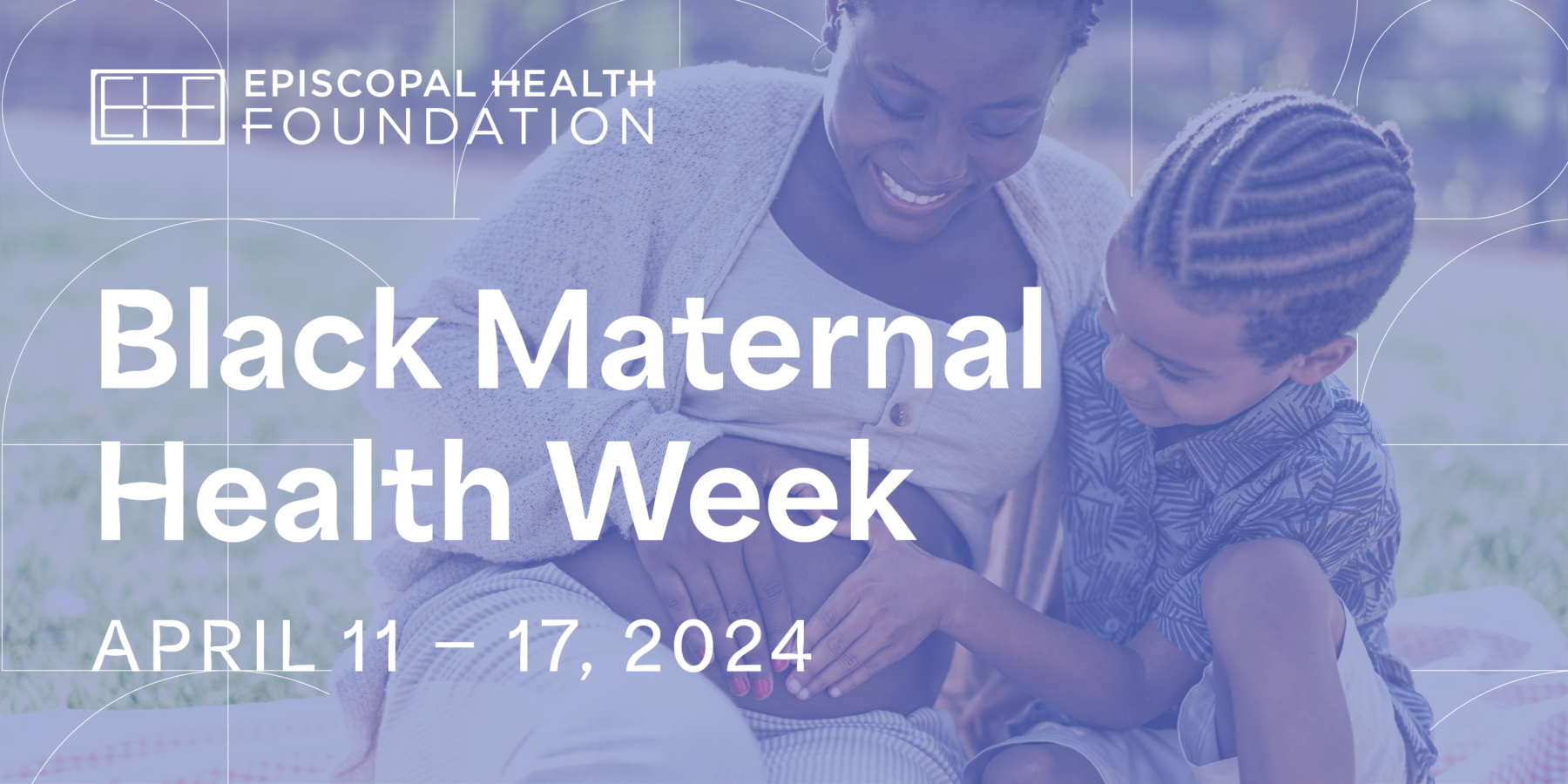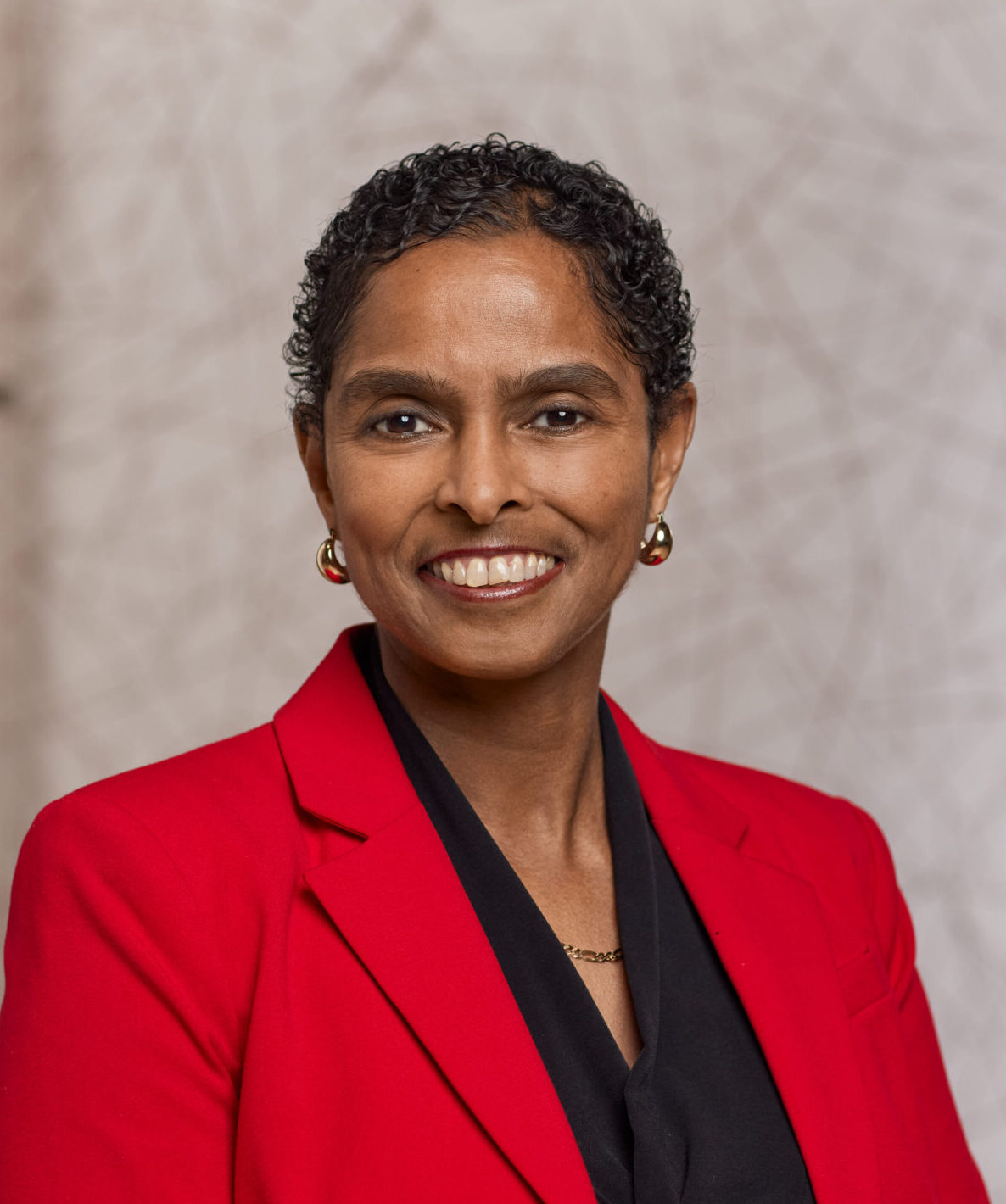

Dr. Ann Barnes
President and CEO
At Episcopal Health Foundation, we’ve chosen maternal health as one of our key priorities because we know that it’s an area where we can make impactful differences to improve health outcomes not only for pregnant Texans, but for entire families and communities.
During a week focused on Black maternal health, I’m reminded of the urgency of our work and the importance of EHF’s mission to promote health equity. Two recent legislative victories that EHF advocated for are now helping break the cycle of inequitable maternal mortality in Texas.
HB12 extends postpartum Medicaid health insurance coverage to mothers in Texas from two months to a full year. Half of all Texas births are covered by Medicaid, so this is an important change that will help bridge the gap in health and health care accessibility for millions of new parents.
HB1575 introduces a strengthened screening tool to help determine the non-medical health needs of pregnant Texans and their babies — needs like food/nutrition, safe housing, and transportation. In addition, for the first time, the new policy change allows community health workers and doulas to be reimbursed by Medicaid for specific case management and for their efforts to connect families to a variety of non-medical services.
These legislative victories underscore the multifaceted approach required to close the health equity gap, acknowledging that it requires not only affordable access to health care, but also efforts to address systemic non-medical factors that directly impact health.
To truly transform maternal health outcomes, particularly for Black women, we must build upon these beginning successes and delve deeper into community-driven solutions and policy changes.
Looking Ahead: Community & Policy Recommendations
A pivotal study, Pathways To Equitable And Antiracist Maternal Mental Health Care: Insights From Black Women Stakeholders, outlines several strategies for dismantling the barriers Black women face in maternal health. These include:
- Educating and training: Enhancing the skills of maternity care and mental health practitioners to provide culturally competent care that respects and values Black women’s experiences.
- Investing in workforce: Supporting the growth of a health and mental health workforce that reflects the community it serves, emphasizing the roles of Black obstetricians, community health workers, doulas, and mental health professionals.
- Community-based organizations: Championing Black women-led groups that offer essential support and resources, reaffirming the importance of community in healing and wellness.
- Patient-centered care: Promoting policies and practices that support shared decision making, ensuring that women are fully engaged in their care plans.
- Integrated Care: Bringing mental health care into the maternal health fold to address the holistic needs of mothers.
Advancing health equity, particularly when it comes to maternal health, requires a concerted effort that spans beyond health care settings into the heart of our communities. It also requires action from policymakers, health care providers, nonprofits, and community leaders. Healthy communities and health services that are equitable, accessible, and just are foundational to healthy pregnancies and maternal health and wellness.
Key studies show that up to 90 percent of maternal deaths are preventable. That’s why EHF is committed to fostering partnerships and supporting policies that move us closer to a world where every pregnant Texan, regardless of race or background, experiences the joy of being a new parent without the shadow of health disparities.
As we observe #BMHW24 and beyond, let’s work together to dismantle the barriers to good maternal health, and ensure a healthier, more equitable future for all mothers and their children.